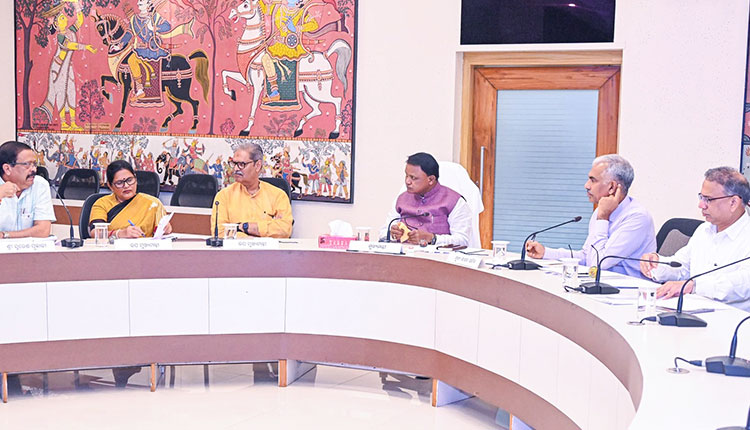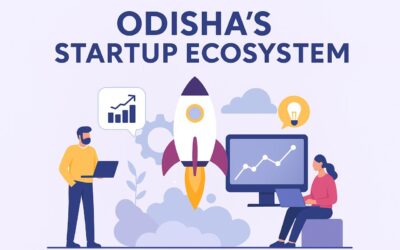Odisha’s IT Policy 2025 Targets Global Competitiveness

Job creation, digital inclusion, and strong investor incentives at the core of the plan
Bhubaneswar : In a major step towards digital transformation and technological progress, the Odisha State Cabinet has approved the Odisha IT Policy 2025, a comprehensive roadmap to position the state as a leading destination for innovation, IT-enabled services, and global business operations.
The policy focuses on embedding advanced digital technologies into governance, public service delivery, and industry. Core areas include Artificial Intelligence (AI), cloud computing, data analytics, and the Internet of Things (IoT). By leveraging these technologies, the state aims to enhance efficiency in government services and build a digitally inclusive society.
Emerging technologies such as cybersecurity, 5G/mobile communications, augmented and virtual reality (AR/VR), machine learning, deep learning, and blockchain have also been identified for focused promotion. These fields are expected to not only support innovation but also create opportunities for startups, research institutions, and global enterprises.
One of the policy’s most ambitious goals is to generate 1 million direct and indirect jobs in the IT and IT-enabled services (IT/ITeS) sector. To achieve this, the government is emphasizing research and development, academic collaboration, and engagement with startups.
Provisions have been made for skill development initiatives, internships, and the creation of Centres of Excellence (CoEs) to ensure that the state builds a robust talent pool. The policy also seeks to connect academia with industry through collaborative projects, enabling young professionals to participate in cutting-edge research and innovation.
Infrastructure development is a cornerstone of the Odisha IT Policy 2025. Plans include the establishment of:
* IT Parks and IT Towers across key urban centers.
* Special Economic Zones (SEZs) dedicated to IT and technology-based industries.
* Co-working spaces to support startups, freelancers, and small enterprises.
* A Cable Landing Station to strengthen Odisha’s digital connectivity with global markets.
Officials stated that these infrastructure initiatives will provide the physical and digital backbone needed to support a thriving IT ecosystem.
To attract both domestic and international investments, the policy offers a wide range of fiscal and non-fiscal incentives. These include:
* Capital and interest subsidies for IT projects.
* Land and rental assistance for new units.
* Reimbursement of State Goods and Services Tax (SGST).
* Exemptions on utility charges to lower operating costs.
Additional incentives cover support for patent registration, marketing assistance, and funding for innovation-driven initiatives. Tailored benefits have also been designed for large and mega IT investments, ensuring flexibility to meet the needs of diverse investors.
Implementation of the policy will be guided by a Policy Advocacy & Vision Group (PAVG), consisting of experts from industry, academia, and research organizations. The Odisha Computer Applications Centre (OCAC) will serve as the nodal agency, coordinating with stakeholders to execute policy objectives.
The Electronics & IT Department will oversee monitoring and introduce mid-course corrections as required, ensuring that the policy remains aligned with technological advancements and market trends.
With the launch of the IT Policy 2025, Odisha aims to strengthen its role in India’s digital economy and attract global businesses to its shores. The state expects the policy to drive economic growth, create high-value jobs, foster innovation, and position Odisha as a premier hub for IT, finance, R\&D, and other technology-driven industries.
Industry experts believe that the initiative could give Odisha a competitive edge among Indian states vying for IT investments, particularly as companies look to diversify their global operations. By combining robust infrastructure, policy incentives, and talent development, Odisha is preparing to establish itself as a global player in the knowledge economy.









